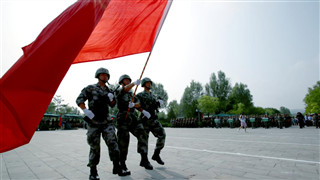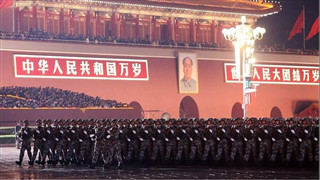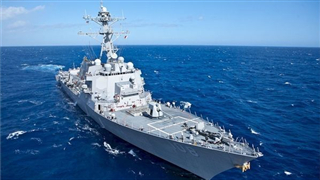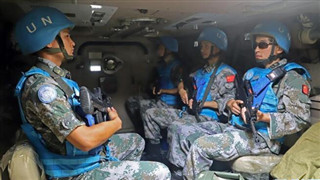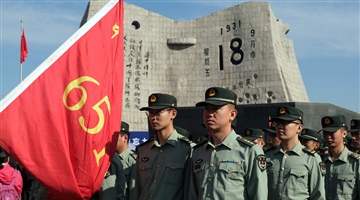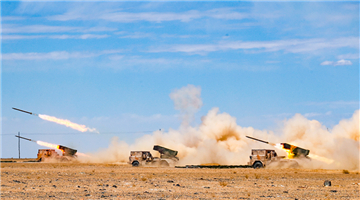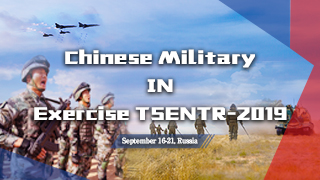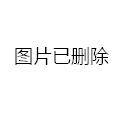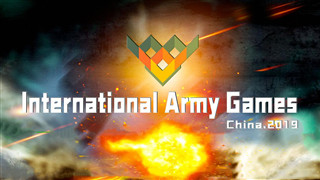
Illustration: Liu Rui/GT
The government of the Solomon Islands has voted to cut "diplomatic ties" with the island of Taiwan and switch to Beijing, media reported on Monday.
Since the leader of the Taiwan region Tsai Ing-wen took office, "diplomatic crises" for the island have occurred one after another. The African island nation of Sao Tome and Principe, Panama, Burkina Faso, the Dominican Republic, El Salvador and the Solomon Islands have all cut "diplomatic ties" with Taiwan, leaving the island with only 16 "allies" left.
In Taiwan's political arena, there has long been a thought that Taiwan can only properly navigate international waters after it has first handled cross-Straits ties. However, after Tsai took office, Taiwan's "diplomatic policies" have been placed above cross-Straits policies. Tsai has tried to bypass the Chinese mainland and seek for an international stage for "Taiwan independence." She refuses to recognize the 1992 Consensus and continually tries to oppose the mainland together with the US. In response, the mainland is bound to strengthen recognition of the one-China principle among the international community.
China-US strategic competition is escalating, but Panama, the Dominican Republic and El Salvador - countries right in the US' backyard - have switched to Beijing. This shows that although there is pressure from US intervention, these countries still firmly accept the one-China principle.
After the Solomon Islands' new administration took office in April, it started to re-examine the country's diplomatic policies. Based on the one-China principle, the mainland has worked to cultivate friendly and cooperative relations with all countries around the world.
The mainland is currently the Solomon Islands' largest trading partner. It's clear that the Solomon Islands believes that cooperating with the mainland is in keeping with its national interests and will improve people's living standards.
Taiwan's "diplomatic allies" are all small countries, and many are underdeveloped countries. Some people in Taiwan seem to think that these countries are dependent on Taiwan's financial aid and it's a waste of resources to maintain relations with them.
However, it is Taiwan that needs these countries, as they are the foundation of its position in the international arena. If no country in the world maintains "diplomatic ties" with the island, Taiwan's regional leader can no longer promote her "stopover diplomacy" with the US.
The gap in the strength and international influence between the island of Taiwan and the mainland is growing increasingly wide.
Today's Taiwan has no advantages anymore. Therefore, Tsai's authority has adopted the strategy of increasing various kinds of assistance to the island's "allies," such as providing generous financial support to Solomon Islands to help it host the 2023 Pacific Games.
The Taiwan authority also promised to provide an annual $8.5 million contribution to the island nation. Meanwhile, Taiwan is comprehensively relying on the US, hoping the Trump administration can attach more importance to the island's external situation from the perspective of the US Indo-Pacific Strategy and that it will enhance coordination with Taiwan.
This year, both US Secretary of State Mike Pompeo and Senior Director for Asian Affairs in the National Security Council Matthew Pottinger have visited South Pacific countries. Australia, a US ally, regards the Solomon Islands as its own backyard and one of its most important neighbors. It has been paying close attention to the development of relations between the Solomon Islands and the Chinese mainland while proactively coordinating with the US in the latter's containment of China.
Australia and the US established diplomatic relations with China in 1972 and 1979 respectively. There is no reason for them to obstruct another country from establishing diplomatic ties with Beijing.
Although Tsai is promoting "Taiwan independence" policies, the island has already been excluded from the participation in the World Health Assembly and the International Civil Aviation Organization Assembly.
China's influence is rising and the one-China principle has become an international norm. Whatever strategy the Tsai authority adopts to boost its position in the global arena will only turn out to be a fruitless endeavor.
The author is an associate research fellow at the Institute of Taiwan Studies of the Chinese Academy of Social Sciences.

